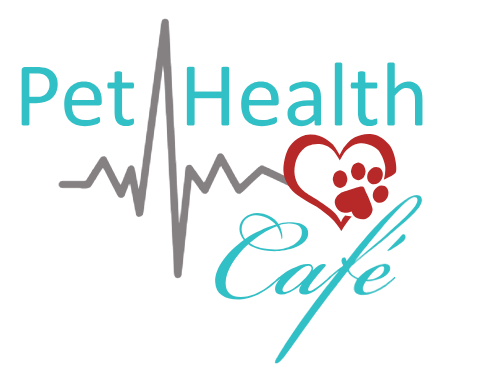One of the biggest challenges during the holidays is eating healthy while overwhelmingly indulging in various treats and goodies. Cookies and candies loaded with sugars, bright colors and great flavors tax adults and children’s digestion as well.
Our pets, also regarded as one of our most cherished family members are included in these holiday celebrations. As a result, thousands of holiday treats are offered for us to expand the holiday experience to our pets. Similar to products for humans, most of these goodies do not fit a healthy criteria and can lead to excessive behavioral issues as well.

In addition to all the “junk” in these holiday treats, we must be concerned with the extra body fat it can produce.
Most pet owners look for holiday cookies, dog biscuits, and other “sweet” treats. Since dogs and cats are carnivores, extra carbohydrates from these treats add to digestive stress that can cause problems with colitis, irritable bowel syndrome, pancreatitis, and even diabetes. There’s nothing worse than a pet with diarrhea and vomiting while we are entertaining during the holidays, let alone expensive, avoidable trips to the veterinary ER.
Here are a few tips in keeping the holiday spirit joyous and healthy for our pets and ourselves.
Treats and cookies that contain sugars, grains (wheat flour, oatmeal, chocolate, and such) should be avoided. For dogs and cats, meat treats like jerky, freeze dried meats, fish, and even fresh meats are great treats. If you are already regularly feeding a kibble type food, you may want to limit the fresh meat treats as these can cause some temporary intestinal cleansing and loose stools.
If sharing your holiday meal, understand that a carnivore digestive system is designed to digest raw or lightly cooked meat. Highly cooked fat and skin on the holiday turkey will most likely cause some very unpleasant gastric eruptions which most would want to avoid. A few chunks of turkey breast or meat are usually fine. Again, kibble-fed animals usually have more problems as the body will cleanse the lower quality kibble to allow for the nutrients in real food. Be careful not to offer or let any of those cooked poultry bones slip off the dinner table. These types of bones are very porous and will splinter easily with the potential to get lodged in the throat or digestive tract of a pet. Results of this could be disastrous.
Other great holiday treats for your pet can include quality meat based chew treats and the new, healthy frozen yogurts with ingredients like sweet potato, banana, and blueberries. If you choose to share some of your sweet potatoes or vegetables with your pet, be sure to watch your ingredients to make sure there has not been any sugar or salt added in.
Now, if your pet develops that upset tummy along with you, don’t panic. Many minor problems can be handled at home with a little common sense and a few home remedies. You and your pet should limit food intake to let the tummy rest. Herbal teas, like Valerian Root and Chamomile in place of water will settle the stomach as will easy to digest foods such as yogurt and eggs. Loose bowel can often be corrected with a bit of pumpkin or sweet potato added to the next meal or even given as a treat.
We do want to strongly add a note of caution, watch your trash cans and pails. Also keep an eye on those sweet little children who love to share their food with their furry playmates. Pets have a habit of looking for foods that their bodies may crave and will over-indulge if the leftovers are easily available. Also in cases of severe gastric distress, consult with your veterinarian or better yet, a holistic health provider to find a natural solution.

